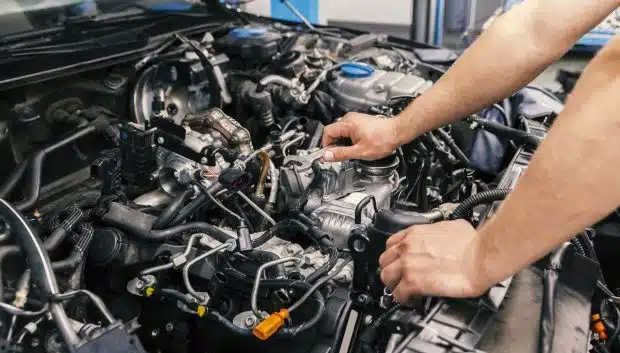The following are my answers to questions posed to me on Quora.
Are there any things a stepparent should never say to their stepchild?
Stepparents must be mindful of their words and actions in establishing a relationship with a stepchild. While positive communication is crucial, there are several phrases and behaviors stepparents should steer clear of to maintain a healthy bond:
- Negative Comments About the Biological Parent: To prevent tension and loyalty conflicts for the child, avoid criticizing or speaking negatively about the child’s biological parent.
- Comparisons with Biological Children: Do not compare the stepchild to any biological children in the family, as each child is unique, and comparisons may breed feelings of inadequacy or resentment.
- Pushing for Instant Affection: Don’t pressure the child to express immediate affection; building trust and a strong relationship takes time, and forcing emotions can backfire.
- Dismissing Feelings or Concerns: It’s important not to ignore the child’s feelings or concerns, no matter how trivial they seem, as validating their emotions is essential.
- Using Negative Labels or Criticizing Behavior: Stepparents should avoid using negative labels or harsh criticism when addressing the child’s behavior, opting instead for supportive and respectful feedback.
- Threatening Consequences in Anger: Avoid threatening or promising negative consequences during arguments; it’s best to address issues calmly and discuss potential consequences together.
- Forcing the Child to Choose Sides: Never force the child to choose between their biological parent and the stepparent, as this can cause emotional distress and strain relationships.
- Discussing Adult Matters: Stepparents should avoid discussing adult matters like financial issues or conflicts with the other biological parent with the child, keeping such conversations between adults to maintain stability for the child.
Remember, positive communication, patience, and empathy are essential for fostering trust, understanding, and a supportive environment in the relationship with a stepchild.
Do stepfathers have a hard time bonding with their stepchildren?
Establishing a connection between stepfathers and stepchildren is a process that varies among families, with challenges that are not universally shared. The crucial determinant is the distinct dynamics within each household.
While bonding may come naturally for some stepfathers and stepchildren, others may encounter specific hurdles. Here are several factors that can influence this bonding journey:
- Communication and Empathy: Building a successful bond often hinges on open communication and empathy between the stepfather and stepchildren. Being willing to listen, share emotions, and demonstrate patience fosters a positive relationship.
- Respect for Existing Bonds: The pre-existing relationship between the child and their biological parent, typically the mother, holds significant sway. Stepfathers must respect this bond while seeking ways to integrate into the family dynamics.
- Time and Patience: Bonding requires time, and stepfathers must exercise patience as relationships evolve. Rushing the process can lead to complications, so allowing for a natural progression is essential.
- Shared Activities: Participating in shared activities presents an excellent opportunity for stepfathers and stepchildren to bond. Discovering shared interests or hobbies facilitates quality time together, strengthening their connection.
- Support from Biological Parents: The cooperation and support of the biological parent, often the mother, greatly influence the bonding process. Unified parenting and decision-making contribute to a sense of stability for the child.
- Understanding the Child’s Perspective: Stepfathers benefit from understanding the child’s viewpoint and validating their emotions. Children may require time to adapt to the new family structure, and stepfathers can positively impact this process through empathy.
It is essential to recognize that each family is unique, and dynamics can vary widely. While some stepfathers forge strong bonds with their stepchildren effortlessly, others may encounter hurdles.
Open communication, mutual respect, and a genuine interest in each other’s well-being are essential for successful bonding. Stepfathers must also recognize that building a connection is an evolving process.
About the author
In 1995, Gerardo Campbell married his now ex-wife, becoming the stepdad to her two children. He started Support for Stepfathers in 2011 to reverse the nearly 70% divorce rate for blended families in the US. His website is to help and inspire stepfathers, aspiring stepfathers, and the women who love them worldwide. You can follow Support for Stepdads on
Twitter and
Facebook.






